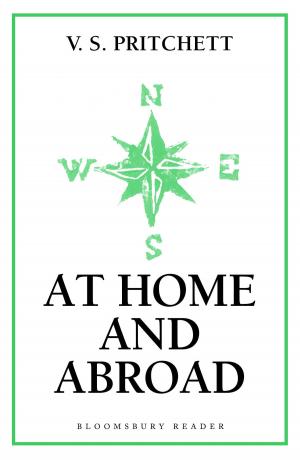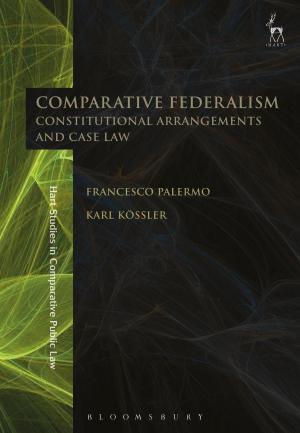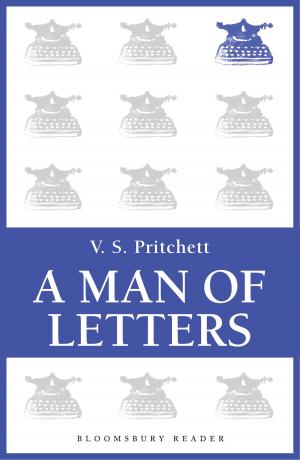Europe's Intellectuals and the Cold War
The European Society of Culture, Post-War Politics and International Relations
Fiction & Literature, Literary Theory & Criticism, Nonfiction, Religion & Spirituality, Philosophy, History| Author: | Nancy Jachec | ISBN: | 9780857738424 |
| Publisher: | Bloomsbury Publishing | Publication: | July 31, 2015 |
| Imprint: | I.B. Tauris | Language: | English |
| Author: | Nancy Jachec |
| ISBN: | 9780857738424 |
| Publisher: | Bloomsbury Publishing |
| Publication: | July 31, 2015 |
| Imprint: | I.B. Tauris |
| Language: | English |
In 1946, Europe's leading artists, philosophers and writers formed a transnational society designed to defuse the tensions left by World War II. The Society of European Culture was founded by some of Western Europe's most well-known intellectuals, including Albert Camus, André Gide, J.B. Haldane, Thomas Mann, Henri Matisse, Maurice Merleau-Ponty, Jean-Paul Sartre and Albert Schweitzer amongst others. The SEC created an informal but powerful political and cultural network across the world – seeking to enable dialogue between the Soviet East and the liberal West and further a 'trans-European' cultural ideal. Here, in the first complete history of the organization, Nancy Jachec demonstrates the profound influence its members exercised during the signing of the Helsinki Accords of 1975. Its founder and chairman, Umberto Campagnolo, was nominated twice for the Nobel Peace prize, and is one of the great 'forgotten men' of a crucial period in world history, as the Iron Curtain fell.
In 1946, Europe's leading artists, philosophers and writers formed a transnational society designed to defuse the tensions left by World War II. The Society of European Culture was founded by some of Western Europe's most well-known intellectuals, including Albert Camus, André Gide, J.B. Haldane, Thomas Mann, Henri Matisse, Maurice Merleau-Ponty, Jean-Paul Sartre and Albert Schweitzer amongst others. The SEC created an informal but powerful political and cultural network across the world – seeking to enable dialogue between the Soviet East and the liberal West and further a 'trans-European' cultural ideal. Here, in the first complete history of the organization, Nancy Jachec demonstrates the profound influence its members exercised during the signing of the Helsinki Accords of 1975. Its founder and chairman, Umberto Campagnolo, was nominated twice for the Nobel Peace prize, and is one of the great 'forgotten men' of a crucial period in world history, as the Iron Curtain fell.















